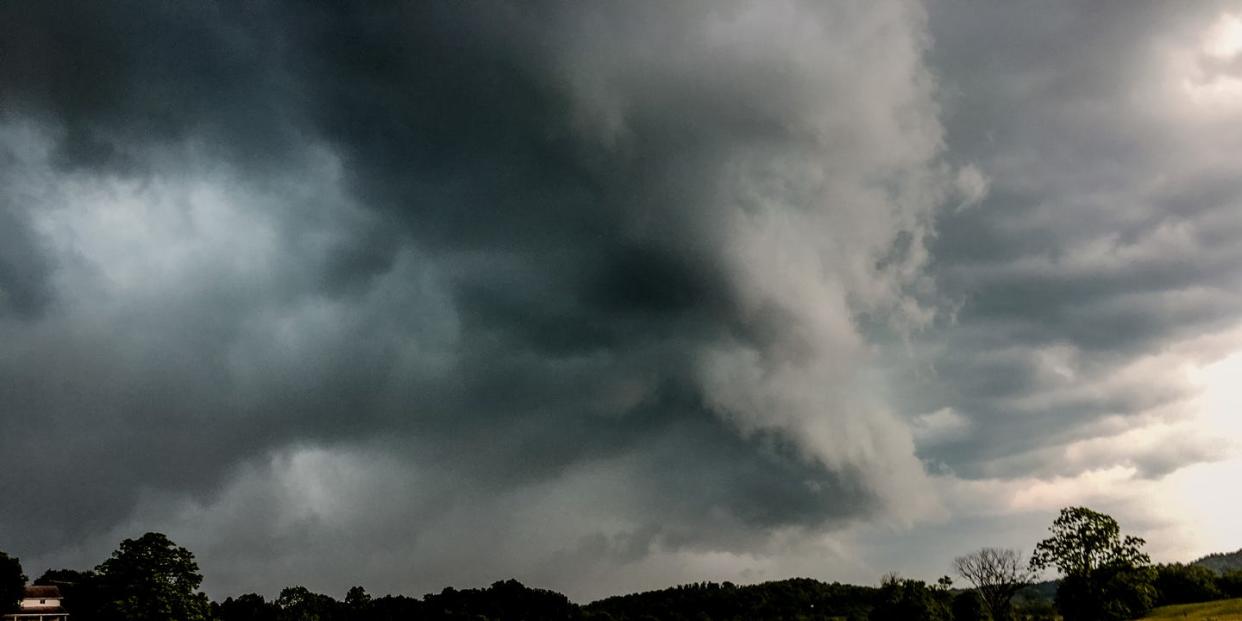I Don't Give a Damn About PRs and Paces—and It's the Best Part of Running

I know what it takes to train for a marathon: the steadily increasing long runs; the process of breaking the body down and building it back up again; the sometimes-sluggish, sometimes-inspired doggedness. By the time I made the commitment to train for the Pittsburgh Marathon last February, I’d run three: Chicago, Columbus, and Madison.
Yet from the first long run, I could tell this time was different. Five years after graduate school, four years after my first child, one after my first book, my runs felt like an antidote to adult life: They were the only space in which I was not trying to go anywhere, be anything, play any role.
Long runs became bubbles I entered on Sunday mornings. My relationship to running, I came to see, had changed since those marathons I ran in my twenties as a traveler and student. Now, I am a mother and a writer. I write while my daughter is at school, and when she comes home I transition into mothering mode, cooking and bathing and feeding and soothing and trying my best to explain why daffodils are yellow and turtles lay eggs. The vast majority of my life is spent in one of these two modes: writer, or mother. My daily life has clear boundaries and goals, and my world is defined not so much by the mystery of what-next but by routine and commitment.
Running, I understood during those long Sunday mornings on the trail this spring, offers the only space where I am free of those roles. I run and I can be in the world as I was before I had a career, before I had a daughter: a body moving in the wind. Like travel, running can be a way of forgetting who we are in the best possible sense, shedding all the identities that both light us up and tie us down. We run, and we are the contraction of muscles, the sweat, the subtle realignment of hips. I run, and all of the everyday tasks and goals that define me-the desire to win this fellowship, the beseeching of my daughter to play airplane one more time-fade, so that I return to a space before I was so beholden to progress and purpose.
The last long run of the training cycle was in April. After a long, crushing winter, the weather finally matched the warm green of the trees. I left in late afternoon, which seeped into the peachy hues of summer dusk. I crept up an endless Pittsburgh hill into mile sixteen, seventeen, eighteen, my body crumbling beneath me. Then I was home, back to my daughter’s bright face, to my books, to my name and future. I was suddenly sad not to have any more miles to log, to have left that timeless time.
The marathon was a brutal one; I traveled in the days beforehand and didn’t sleep, I came out way too fast, I underestimated the hills, and I finished eleven minutes slower than I had in my slowest race. At first, I was disappointed. Then I laughed at the lesson. My long runs were the one domain of my life free of the myriad, ongoing, hope-ridden confines of adulthood. They were the one space where I wasn’t aiming at anything, where I didn’t have to mean anything other than sweat and the slow passing of hours.
I started training again soon after, for the Columbus Marathon in October. On the first long run, I took a trail near a stream in Pittsburgh’s Frick Park. Summer wildflowers bloomed in the meadows. Trees canopied the path in dappled shade, their full leaves blowing in circles in the breeze. The miles fell away-two, five, seven-and I noticed my calf strain was gone, my core stronger. My mind drifted somewhere in the crowns of the sycamores, seeing everything anew: the sky and the people and the land and myself, remade every moment.
('You Might Also Like',)
